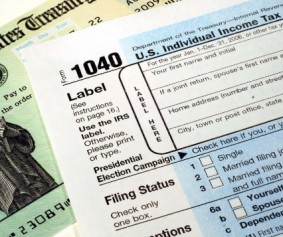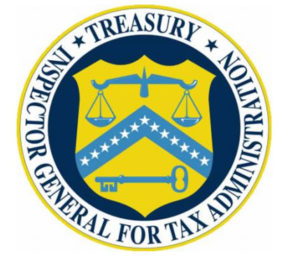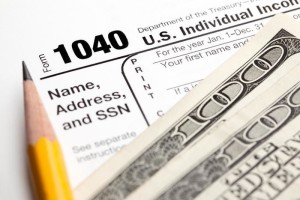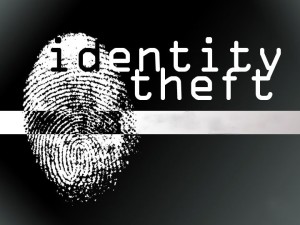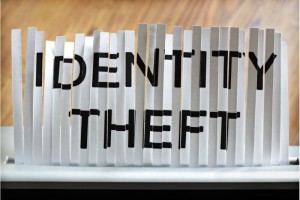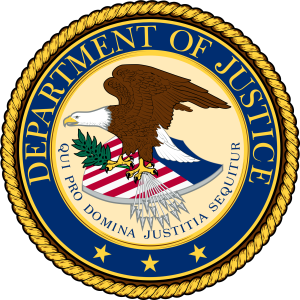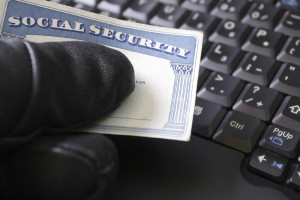Tax Refund Fraud and Identity Theft
Monday, May 13th, 2013 @ 1:52PM
WasteWatcher, May 2013 – April is the cruelest month for most taxpayers, but for a rowing number of them, it is the months that follow that do the most damage.
Those unlucky thousands are the victims of tax refund fraud, a process in which a thief acquires someone else’s social security number and address, files an early return, and has the refund direct deposited to a bank account or debit card, or sent to a mailbox. According to a January 13, 2013 article in the Wall Street Journal, “tax fraud” has become “the third-largest theft of federal funds after Medicare/Medicaid and unemployment-insurance fraud.” That sounds scary, and it is, but “tax fraud” must be differentiated from tax refund fraud as a result of identity theft. An individual with half his income in a holding company on the Cayman Islands or huge donations to bogus charities may be perpetrating tax fraud, but neither requires any kind of identity theft.
As Citizens Against Government Waste (CAGW) pointed out last year, the true amount of tax refund fraud as a result of identity theft, though inherently unknowable since so much goes undetected, is massive and growing. The Treasury Inspector General for Tax Administration (TIGTA) J. Russell George has estimated that the Internal Revenue Service (IRS) could issue $26 billion in fraudulent refunds over the next five years. Worse, the number of tax refund fraud cases handled by the IRS has increased 650 percent since 2008, and no one has even tried to account for the value lost to months of frustration and wasted time by legitimate tax filers who want to recover the refund they are owed. The problem has grown large enough that there are entire websites, such as HackedbyTurboTax.com, dedicated to helping victims.
So it was with a certain morbid excitement that we at CAGW awaited this month’s hearing on tax refund fraud at the Senate Finance Committee, held just one day after the conclusion of the 2013 tax filing season on April 15. That hearing revealed an IRS dealing with an impressive onslaught of scammers, and while the IRS claimed it had taken significant steps to brace itself, it also says it will require a great deal of help from Congress, other federal agencies, and the private sector if its defenses are not to be entirely overwhelmed.
Posted by cfegov
Categories: Online articles

